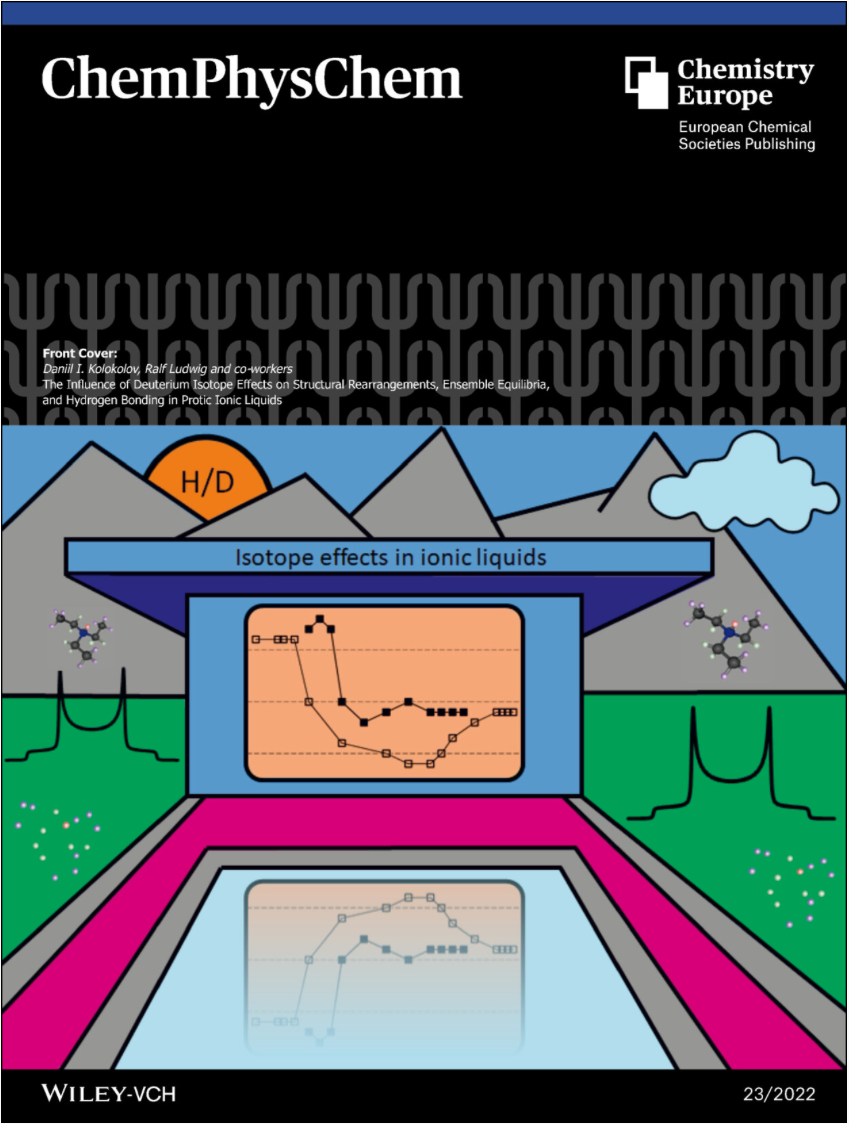
When calculating structural or spectroscopic properties of molecular crystals, the question arises whether it is sufficient to simulate only a single molecule or a small molecular cluster or whether the simulation of the entire crystal is indispensable. In this work we juxtapose calculations on the high-pressure structural properties of the (periodic) HCN crystal and chains of HCN molecules of finite length. We find that, in most cases, the behavior of the crystal can be reproduced by computational methods simulating only around 15 molecules. The pressure-induced lengthening of the C−H bond in HCN found in calculations on both the periodic and finite material are explained in terms of orbital interaction. Our results pave the way for a more thorough understanding of high-pressure structural properties of materials and give incentives for the design of materials that expand under pressure. In addition, they shed light on the complementarity between calculations on periodic materials and systems of finite size.
ChemPhysChem 23(23).